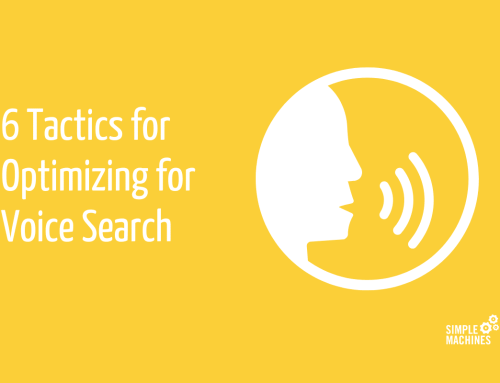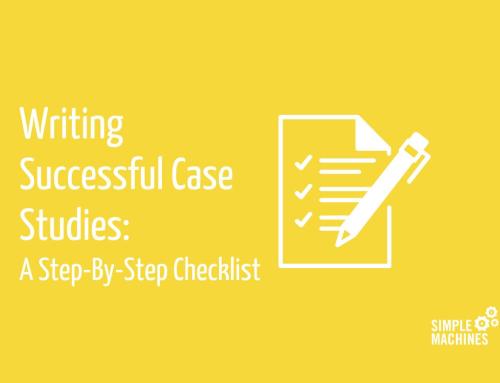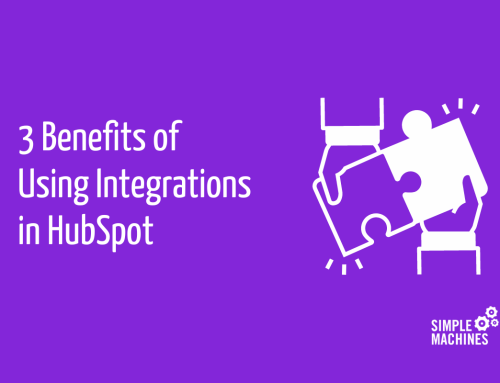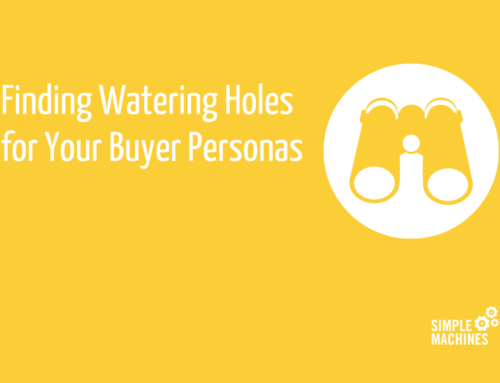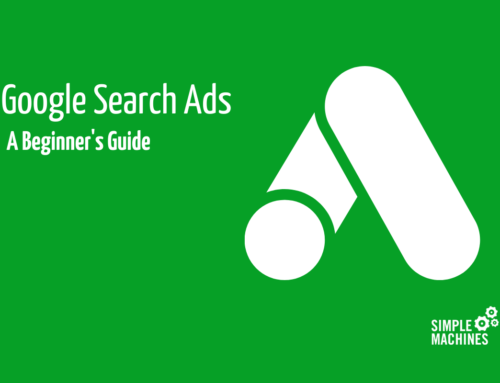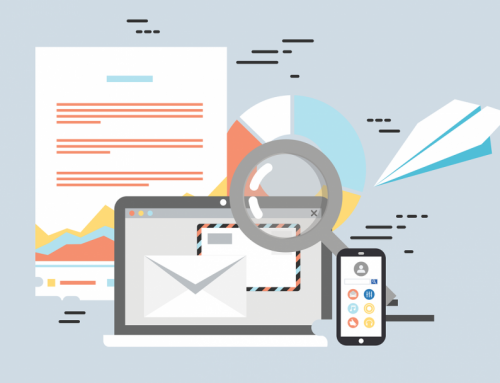If your small business has aspects of its products and/or services with benefits that could be considered sustainable, green, responsible, eco-friendly, environmentally-friendly – or whatever other descriptor you prefer – your outlook in this area has likely evolved over time.
First, you may have thought, “Hey, this will be great for our marketing because everyone wants to be sustainable!” Shortly thereafter, you may have come to the conclusion that, in fact, none of your potential clients really care about being sustainable and that you’ll have to focus your branding on something else.
If this has been your experience, you’re not alone.
On Sustainability Fatigue
So do your potential customers really not care about sustainability?
The likely answer is that it does matter to them, but you haven’t been speaking their language.
Companies in virtually all verticals, at all levels of the B2C and B2B playing field, have been clamoring to capitalize on the sustainability movement for years – though the preferred names and areas of focus have evolved to varying extents.
The prevalence of this movement is reflective of the strong desire of consumers and needs of businesses to reduce their negative footprint on the planet and its natural resources. The upshot: your prospects have heard the boilerplate sustainability pitch a million times – and by now, they’re no longer moved by it.
They’re probably sick of it.
Market Benefits, not Buzzwords
In 2015, the marketing around your business’ sustainability must go beyond giving lip service to the concept at a high level. While your product or service may be the most sustainable, green, responsible or environmentally-friendly product or service on the market, consider never using any of those buzzwords when marketing yourself to your target market.
Instead, get specific about the benefits you offer and deliver that message to the segment of your market that will be most receptive to it. Whether you’re able to deliver a reduction in water consumption, carbon emissions, waste, hazardous material, energy or something else, don’t just mention it: quantify it. Visualize it. What does that reduction look like over the course of a year? How much more does that save than your competitors? How does it tie in to the tangible forces that directly affect your market on a personal level?
B2B Sustainability Marketing Strategy
In the B2B world, you face an inherent challenge in that the person in charge of procurement at your prospect’s company is, in most cases, not the person most concerned with any objectives falling under sustainability or corporate responsibility in their company. If your marketing and sales messaging geared to this audience is speaking to sustainability in vague terms, you may be doing more harm than good.
However, by targeting the right companies and tweaking the messaging that’s going to this group, there’s an opportunity to overcome this challenge. If the market is targeted, the companies you’re marketing to will have public sustainability goals – often published on their website with clear targets and objectives. Instead of pushing product and service features (or sustainability in general), your marketing and sales messaging can cite publicly validated goals that the company has shared, and speak to specific benefits that can help your client achieve these goals.
In doing so, the procurement contact will be presented with a compelling message – and a chance to be the hero to his or her boss. (It should be noted that, in order for this strategy to work, the product or service should also be at least as effective and affordable as that currently used by the prospect.)
By avoid generalities and speaking to the specifics that resonate with your audience, you can avoid having your sustainable benefits fall on deaf ears.
Looking for some help in getting specific with your account-based marketing? Check out our Account-Based Marketing services today!
cnadler
Simple Machines Marketing


